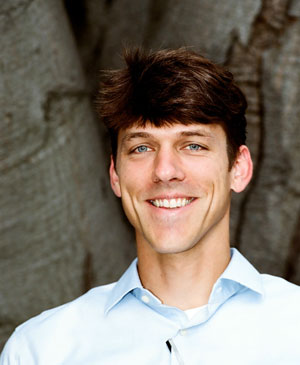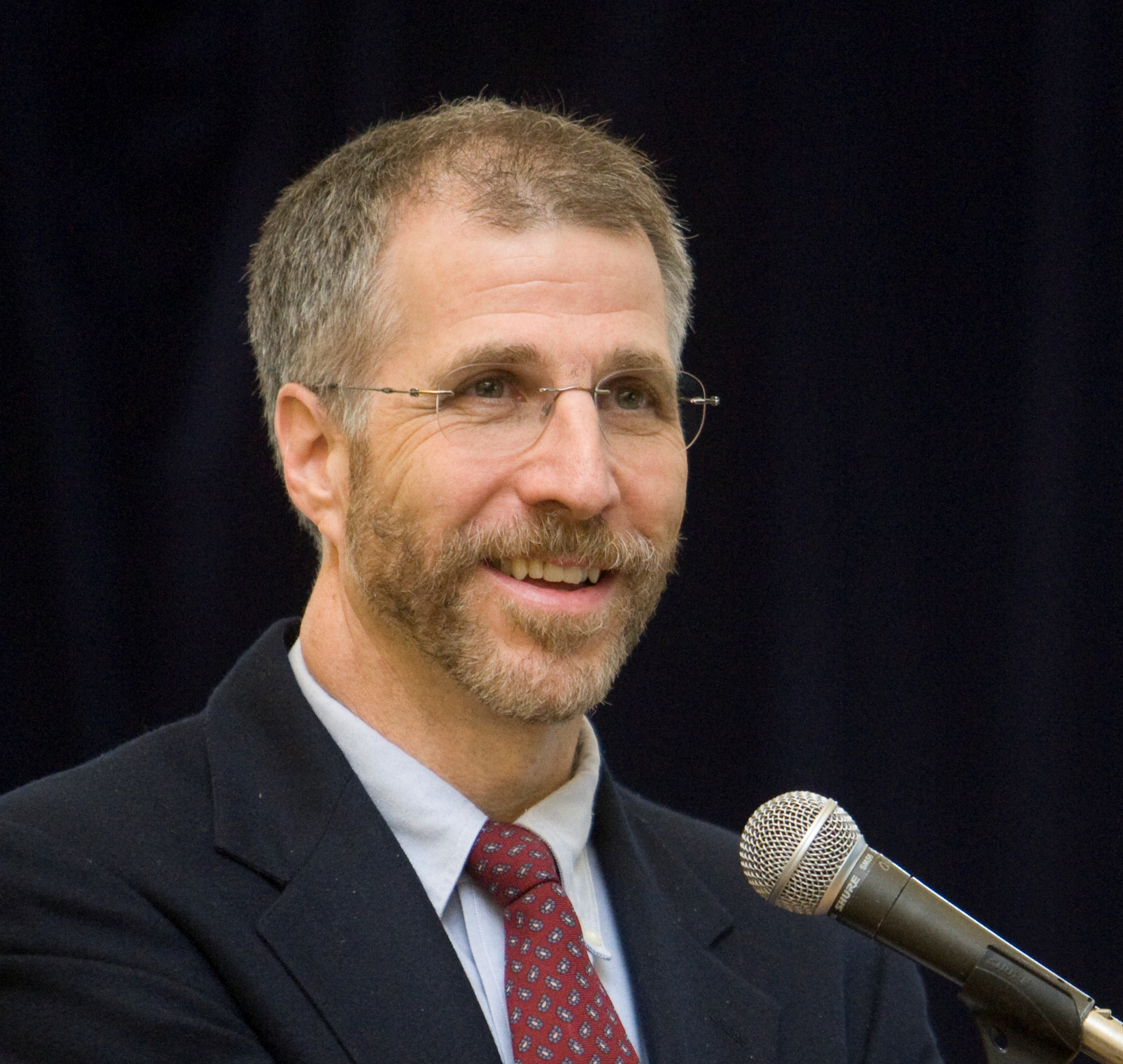
Two years ago a friend of mine asked me about choosing a job. She just got her bachelor’s degree and was wondering what to do next. Yes, during that time when you have all the choices in the world and you don’t know which to pick, she really wanted to work toward something she loved, but she was puzzled about what her true passion was.
In what ways do researchers feel that love for their work? How do they define “being in love with their jobs”? I wanted to see that look in their eyes when they talk about “the love of their life.”
All I could say was, “Find a job that you feel so passionate about that you would even do it for free — a job where you would wake up every morning and feel like the luckiest person in the world.” In essence, I was saying, Find the love of your life — as far as jobs go. So… no big deal. (Ha!) After giving her that idealistic and hippie-esque definition of what a perfect job was, I actually had no clue how to properly respond to her. In the end, I told her she would have to take a rain check in order to get a real answer from me in the future. Yes. I know. Thanks for such great advice?
Explaining what it feels like when you find a perfect job challenged me. I believed that this was analogous to falling in love with someone. It’s hard to explain in concrete terms, so when you try to define it, it just sounds out of this world, unrealistic, and it doesn’t make sense unless the person you are talking to has also fallen in love. And in that case, you wouldn’t even need to be talking about the definition of falling in love because both parties in the conversation would already know. So how can this be explained?
Recently, I started to think about how researchers experience this “love.” In what ways do researchers feel that love for their work? How do they define “being in love with their jobs”? I wanted to see that look in their eyes when they talk about “the love of their life.” I wanted to see how their spirits lit while talking about their favorite job. In summary, I wanted to hear what it means to be in love — in concrete terms — for a researcher.
Luckily enough, three renowned researchers agreed to reveal their secrets to me about this love. ERG core faculty and affiliate faculty members Duncan Callaway, Severin Borenstein and Dan Kammen talk with me about their dream jobs.
I sit down and ask professor Duncan Callaway, “What are your favorite things about doing research?” While thinking about his answer, Duncan can’t hide a big smile (which I don’t think he notices). It seems like he is about to talk about his wife, but no, he starts talking about his job, sharing his favorite things about research: You don’t know if you will make a big impact, but just to have the chance is a great privilege.
- Working with great students: Duncan feels privileged to have the opportunity to work with great students.
- Moments of discovery: Duncan describes research as an ongoing path of progress without knowing what you will discover, and then suddenly — boom! — something clicks and you discover a new idea.
- Making a contribution: For Duncan, the feeling of contributing with new knowledge is indescribable. He feels privileged to have the chance to contribute in a field that he feels passionate for. The potential of making a fundamental change in the field is very attractive.
For Duncan, the potential that research gives you to make a change and have a big impact is extremely attractive, but at the same time it is its highest risk. When you work, for example in industry, the expected value of your contribution is known and considerably. In research, the standard deviation is huge. You don’t know if you will make a big impact, but just to have the chance is a great privilege.
I ask Professor Severin Borenstein for his favorite things about research, and he starts to remember his favorite discoveries with great excitement. He loves the surprise of discovering something new. He mentions how entertaining it was for him when he realized that airlines were exercising market power, or similarly, when he discovered in the late 90’s how utilities were also exercising market power in the energy sector; however — Severin adds jokingly — at first people were not very happy with this discovery. “In research you need to be humble. Sometimes your ideas will be wrong, but being open to new ideas will let you discover great things”
For Severin, research is all about the unexpected discoveries. He highlights that he prefers research as a means to find new things rather than to prove something. This later approach can prevent us from being open to new ideas. “In research you need to be humble. Sometimes your ideas will be wrong, but being open to new ideas will let you discover great things,” advises Severin.
Severin also immensely enjoys the fact that he can communicate his research to the public. He feels privileged to work in a field where people can relate to his findings and realize the impact in their daily lives.
Severin also confides to me his love for writing code in STATA. He loves teaching, but when the summer comes and he has a full season to get things done, he just can’t help get very excited!

Dan Kammen‘s favorite things about research are:
- Not knowing where your research will take you: Similar to Duncan’s and Severin’s views, researching and not exactly knowing what you will end up discovering is an exciting feeling.
- Working with great students: Dan feels highly motivated by how his students shape the path of their research and bring key questions to their work.
- Working on key topics: He really enjoys working on topics that are of great importance for society.
“Do not believe what people say about a certain problem being solved or being too difficult to work on. Just work on what looks interesting to you and results will fall in place.”
For Dan, being willing to learn new things is key. He recalls how some years ago his group didn’t have strong expertise in power systems, nevertheless they developed the SWITCH model. Thus, a willingness to start working on a new project led them to great success.
While performing research, according to Dan, you need to have both patience and faith. The tools that you learn will be useful and your research will lead somewhere. You just need to have faith.
In terms of what you shouldn’t do as a researcher, Dan says, “Do not believe what people say about a certain problem being solved or being too difficult to work on. Just work on what looks interesting to you and results will fall in place.”
Overall, Duncan, Severin and Dan seem to agree on several items about what it means to be a researcher and why they are in love with it. However, what stood out to me is how they define success in research. On one side it’s successful as it contributes toward solutions to solve energy and environmental problems, but it’s also successful if you enjoy the process of discovery.
So… how can you explain the feeling of being in love with research? From these conversations, I conclude that the core of that love comes from that moment of discovery — that’s the unexpected beauty of it. “And that moment can change your perspective about the world,” says Severin Borenstein.
A huge thanks to Duncan, Severin and Dan for squeezing me in their busy schedules to talk with me about their love of research.
Top Photo: Vivek Jena

